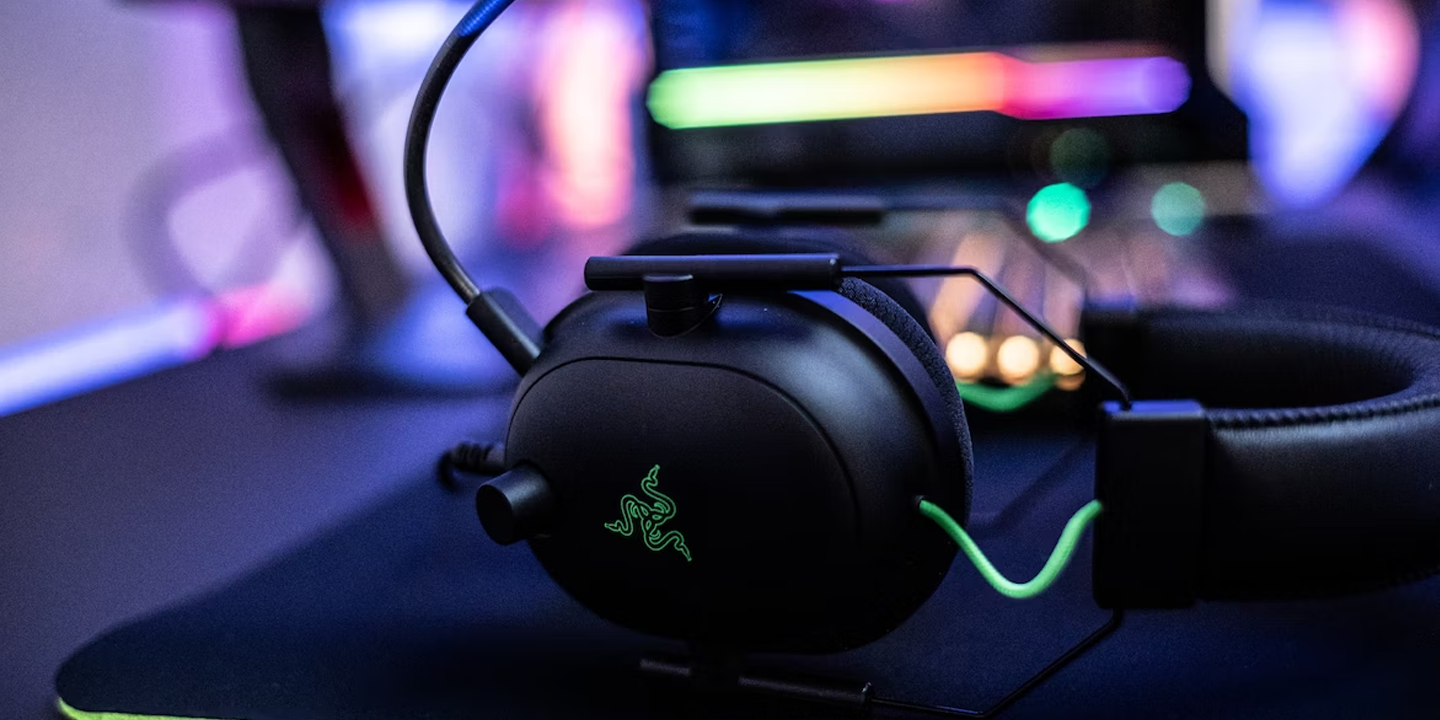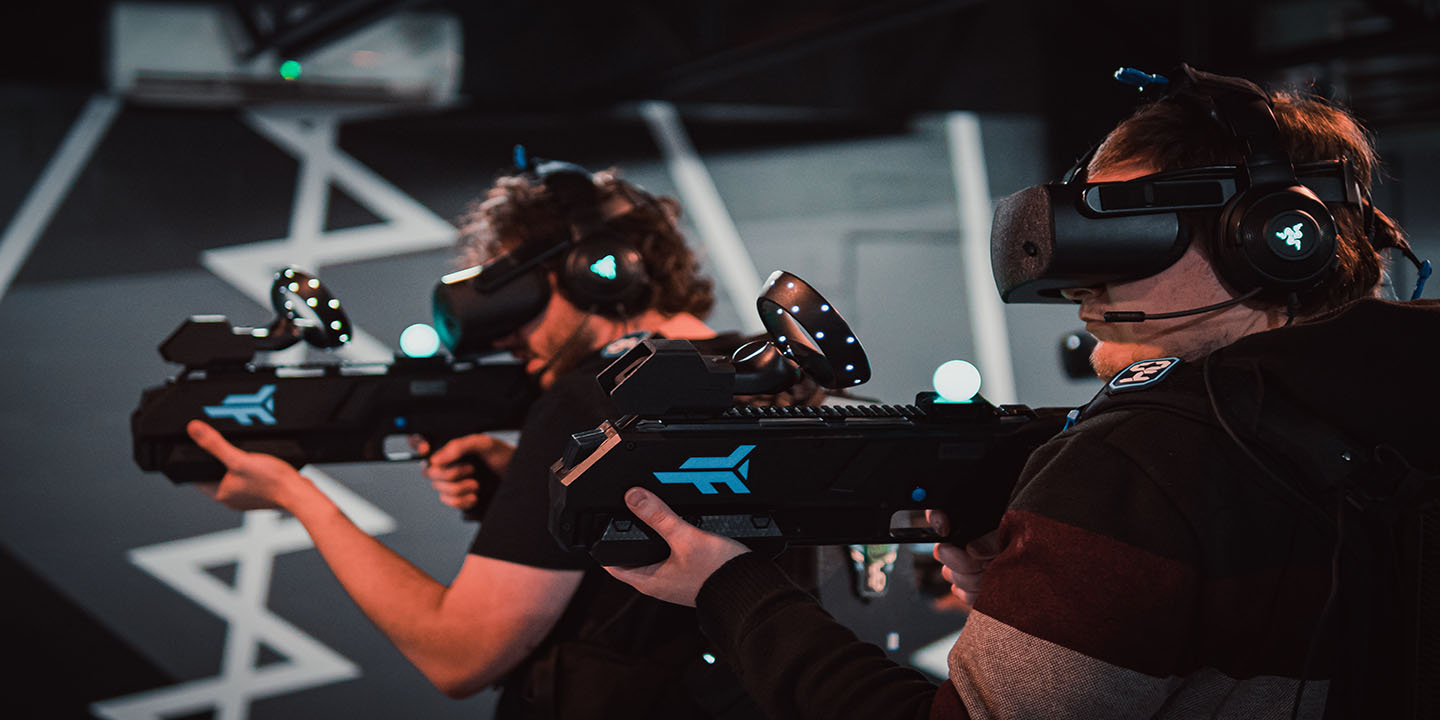It's Not A Waste Of Time. It's Career Training.
Whether you realize it or not, all those hours you spent in front of your PlayStation weren't for nought. Gaming helps train your brain in ways you don't even realize, but that you can carry forward into your professional life. For example, it helps you pick out patterns, develop a problem-solving mindset, hand-eye coordination, situational awareness, and aptitude for technological systems: all skills that set you up well for a multitude of professions within and outside of the gaming industry. You're not just winning the game, you're winning at life. Here are the 20 best professions for gamers.
1. Game Designer
One of the more obvious career choices for gamers is to become a game designer. For this profession, a background in and love for gaming is essential along with the technical skills and creativity it takes to be a designer.
2. Financial Trader
On the surface, it may not seem closely linked to gaming, but the feeling you get from trading can be similar to that you get from gaming. It entails the same fast-paced decision-making and requires you to think outside the box.
3. Game Programmer
If you have a passion for both gaming and coding, there's no better career for you than being a game programmer. In this role, you're in charge of creating the programs that games run on, ensuring the optimal user experience.
4. Project Manager
Being a project manager is not unlike organizing team raids, just with more business jargon and less cheesing. Better yet, you can be a project manager in game production, coordinating all the animators, designers, developers, and marketers to push a new game forward.
5. UI/UX Designer
If you've spent a lot of time gaming, chances are you intuitively know a good system from a bad one. IU/UX designers are responsible for creating the most user-friendly experiences possible, whether it's a game, an app, or a webpage. Developing a keen eye for what makes a game a joy to play or frankly frustrating will set you up well for this career.
6. Game Animator
The game animator takes the artist's sketches and turns them into 2D or 3D moving graphic images. You need some artistic and technical skills for this role but it can be highly rewarding as it really puts the life into the game.
7. QA Tester
Being a gamer, you're accustomed to quickly adapting and getting used to new systems which is an important component to becoming a QA tester, whether your focus is on games or other non-gaming software. QA testers check products' usability, identifying problems and bugs.
8. Game Journalist
Just like certain journalists specialize in sports, there is also a niche for games.
If you're a gamer with good writing skills and an in-depth knowledge of the gaming world, you can make a name for yourself as a game reviewer or write articles about industry trends, leaders, and problems.
9. Content Creator
Content creation and gaming can be a perfect combination for creating a lucrative and rewarding career. Most of the well-known gamers out there are also skilled content creators who found success posting gaming content on YouTube or Twitch.
10. Game Writer
If you're more into the story-building side of things, have a creative mind, and have some writing chops, being a scriptwriter might be the perfect path for you. In this role, you'll write storylines, character dialogue, and game instructions. These are skills you can also transfer to movie-making or authoring a novel.
11. Gaming Marketing Executive
Are you so passionate about a game that you get excited talking about it, and your words make others excited too? Game marketing might be the perfect fit for you. In this role, you create a branding strategy to market the game.
12. Professional Gamer
If you're very good at gaming, you can become a professional gamer. Just keep in mind that professional gaming is like becoming a professional athlete: only the top one percent make it.
13. Tech Support Specialist
Gamers constantly interact with technology, have innate problem-solving skills developed through solving in-game challenges, and are good communicators from collaborating in multiplayer games.
These skills lend themselves well to the role of tech support.
 Antoni Shkraba Studio on Pexels
Antoni Shkraba Studio on Pexels
14. Audio Engineer
One of the most creative and interesting roles you can have in-game production is as a sound engineer. Sound is integral to any game, and all those little audio elements are part of what makes a game immersive, engaging, and realistic.
15. Airline Pilot
Gaming gives you many of the same skills required for flying planes including hand-eye coordination, technical aptitude, and a cool head under pressure. This is especially true if you play flight sims or racing games.
16. Teacher
Teaching requires critical thinking, problem-solving, adaptability, and perseverance, all skills you can acquire from gaming. Teachers who have a love for gaming may also be skilled at coming up with creative hands-on approaches to teaching new concepts.
17. Criminal Investigator
Criminal investigators use their attention to detail and critical thinking skills to respond to emergencies and examine crime scenes. The critical thinking skills and ability to work effectively under pressure required for the job are skills you can acquire through gaming. This role also gives you the chance to be a real-world "hero," not just in a game.
18. Software Developer
Gamers are used to solving complex problems and strategizing which are skills necessary for software development. Gamers are also often creative thinkers who can multitask, learn, and adapt quickly, and they often have a love of technology and innovation.
 Procreator Global UI UX Design Agency on Unsplash
Procreator Global UI UX Design Agency on Unsplash
19. Cybersecurity Expert
Gamers' ability to analyze gaming environments, spot patterns, and anticipate moves translate easily to the world of cybersecurity. Bonus points if you're skilled at hacking into systems.
20. Data Analyst
As a gamer, you naturally train your mind to recognize patterns which applies to how you look at datasheets. If you have a foundation in gaming, you'll likely be able to pick out trends and anomalies better than others, and your problem-solving mindset will help you out when it's time to present your findings.


























